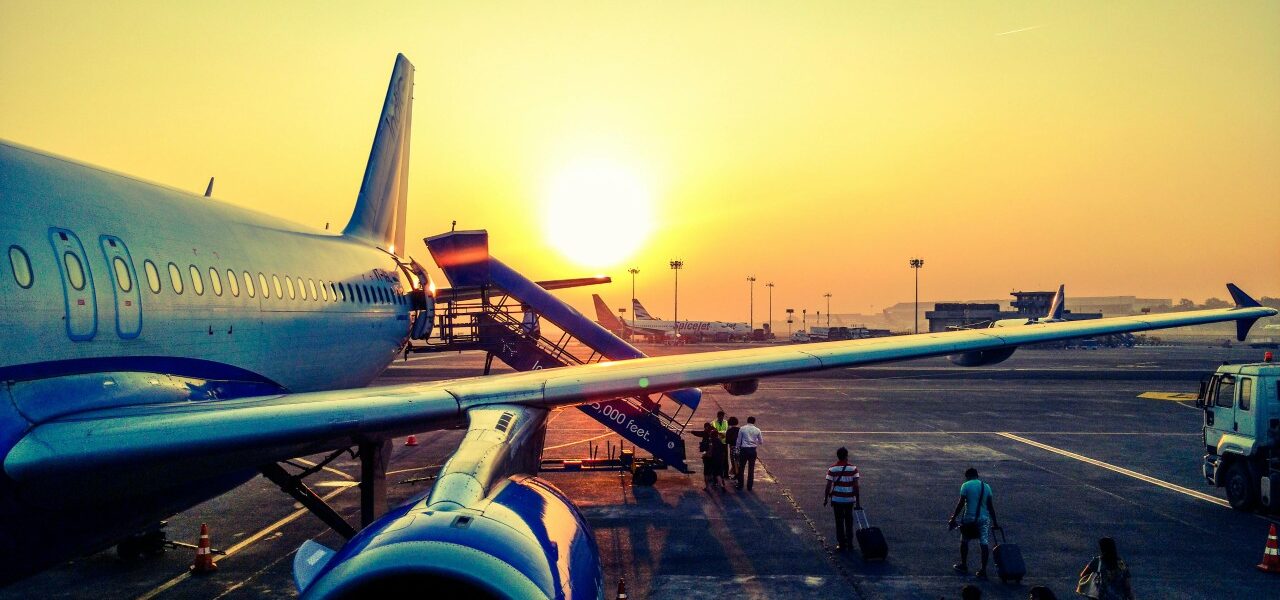Tourism, as we know it today, is a dynamic and multifaceted industry that has evolved over centuries. From the early days of pilgrimage and trade to the بلیط هواپیما modern era of global travel, tourism has shaped cultures, economies, and the way we perceive the world. This article explores the history, impact, and future of tourism, highlighting its significance in contemporary society.
A Historical Perspective
Ancient Beginnings
The roots of tourism can be traced back to ancient civilizations. The Greeks traveled to attend the Olympic Games, while the Romans built extensive road networks to facilitate travel across their vast empire. Pilgrimages to sacred sites became popular among various cultures, with routes like the Camino de Santiago in Spain becoming well-trodden paths for spiritual seekers.
The Grand Tour
In the 17th and 18th centuries, the concept of the “Grand Tour” emerged, particularly among the European elite. Wealthy young men embarked on extended travels through Europe to experience art, culture, and education. This period marked the beginning of tourism as a cultural and educational pursuit, laying the groundwork for modern travel experiences.
The Industrial Revolution
The Industrial Revolution in the 19th century brought significant changes to travel. The advent of the steam engine revolutionized transportation, making travel faster and more accessible. Railroads connected distant cities, and the rise of the middle class led to increased leisure time and disposable income. Thomas Cook, a pioneering travel entrepreneur, organized the first package tours, making travel more structured and affordable for the masses.
The Impact of Tourism
Economic Contributions
Tourism is a major contributor to the global economy. According to the World Travel and Tourism Council (WTTC), the industry accounted for 10.4% of global GDP in 2019 and supported over 300 million jobs. This economic impact extends to various sectors, including hospitality, transportation, and local businesses, fostering economic development in destinations worldwide.
Cultural Exchange and Preservation
Tourism serves as a vital means of cultural exchange, promoting understanding and appreciation of diverse traditions and lifestyles. Travelers engage with local communities, fostering mutual respect and learning. However, this interaction can also pose challenges, such as cultural commodification and the risk of eroding local customs. Sustainable tourism practices aim to mitigate these impacts, promoting responsible travel that benefits both visitors and host communities.
Environmental Concerns
While tourism contributes significantly to economies, it also raises environmental concerns. Over-tourism can lead to habitat destruction, pollution, and resource depletion. Destinations like Venice and Barcelona have grappled with the negative consequences of mass tourism. In response, many places are implementing measures to regulate visitor numbers, promote eco-friendly practices, and preserve natural landscapes.
The Future of Tourism
Post-Pandemic Recovery
The COVID-19 pandemic profoundly affected the tourism industry, leading to unprecedented declines in travel. However, it also sparked a reevaluation of travel norms and priorities. As the world recovers, travelers are increasingly seeking authentic experiences, prioritizing sustainability, and embracing technology to enhance their journeys.
Embracing Technology
Technological advancements are reshaping the tourism landscape. Virtual reality (VR) and augmented reality (AR) are providing immersive travel experiences, allowing individuals to explore destinations from the comfort of their homes. Mobile apps and online platforms streamline trip planning, making travel more convenient and personalized.
The Rise of Sustainable Tourism
The future of tourism is increasingly leaning towards sustainability. Travelers are becoming more conscious of their environmental impact, leading to a rise in eco-tourism and responsible travel initiatives. Destinations that prioritize sustainability, community involvement, and cultural preservation are likely to attract conscientious travelers.
Conclusion
Tourism is a powerful force that shapes our world, offering opportunities for economic growth, cultural exchange, and personal enrichment. As we move forward, the industry must navigate challenges while embracing sustainable practices that benefit both travelers and the destinations they visit. By fostering a deeper understanding of the interconnectedness of our global community, tourism can continue to be a catalyst for positive change, enriching lives and preserving the planet for future generations.





